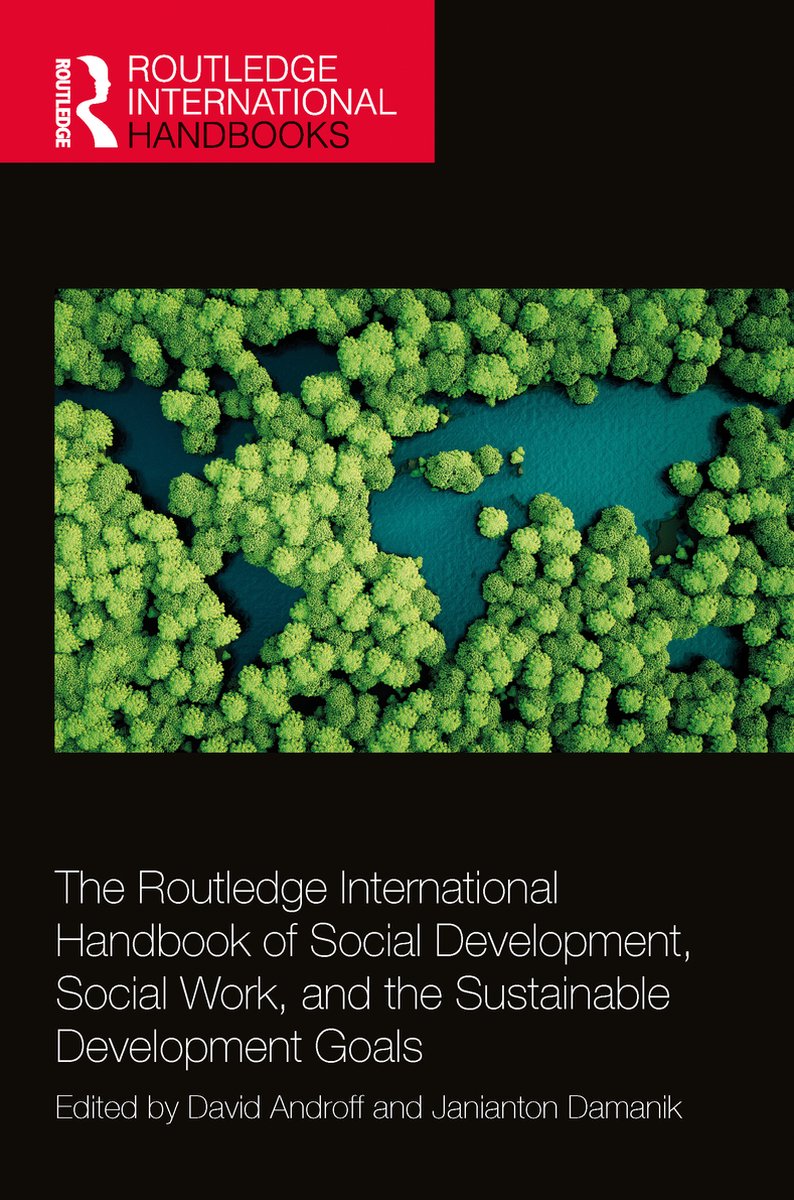The significance of migration to social and economic development has been widely recognized and discussed for many decades. It has, however, only been since the early 2000s that international migration has been acknowledged as a key global challenge and, thus, been placed squarely on the agenda of the United Nations. Unlike their predecessors, the millennium development goals (MDGs), the sustainable development goals (SDGs) also make explicit reference to migration, thereby incorporating migration into global development policy, alongside other pressing global challenges such as inequality, gender discrimination, and decent work deficits that are among the key reasons why people choose to embark upon migration. This chapter discusses the SDGs in relation to the emergence of global migration governance in terms of its institutionalization as a global policy area by also raising aspects of migration that are hidden or neglected but deemed vital by researchers and activists. By highlighting the centrality of paid work in the life of migrants and the feminization of migration, it focuses on two goals in particular: Goal 8 (decent work) and Goal 5 (gender equality, women’s empowerment).
BOOK
The Routledge International Handbook of Social Development, Social Work, and the Sustainable Development Goals
September 5, 2024
CITATION
Piper, N., Hennebry, J., & Likić-Brborić, B. (2023). (International) Migration and the SDGs, In D. Androff and J. Damanik (eds.), Routledge International Handbook of Social Development, Social Work, and the Sustainable Development Goals (New York: Routledge).

